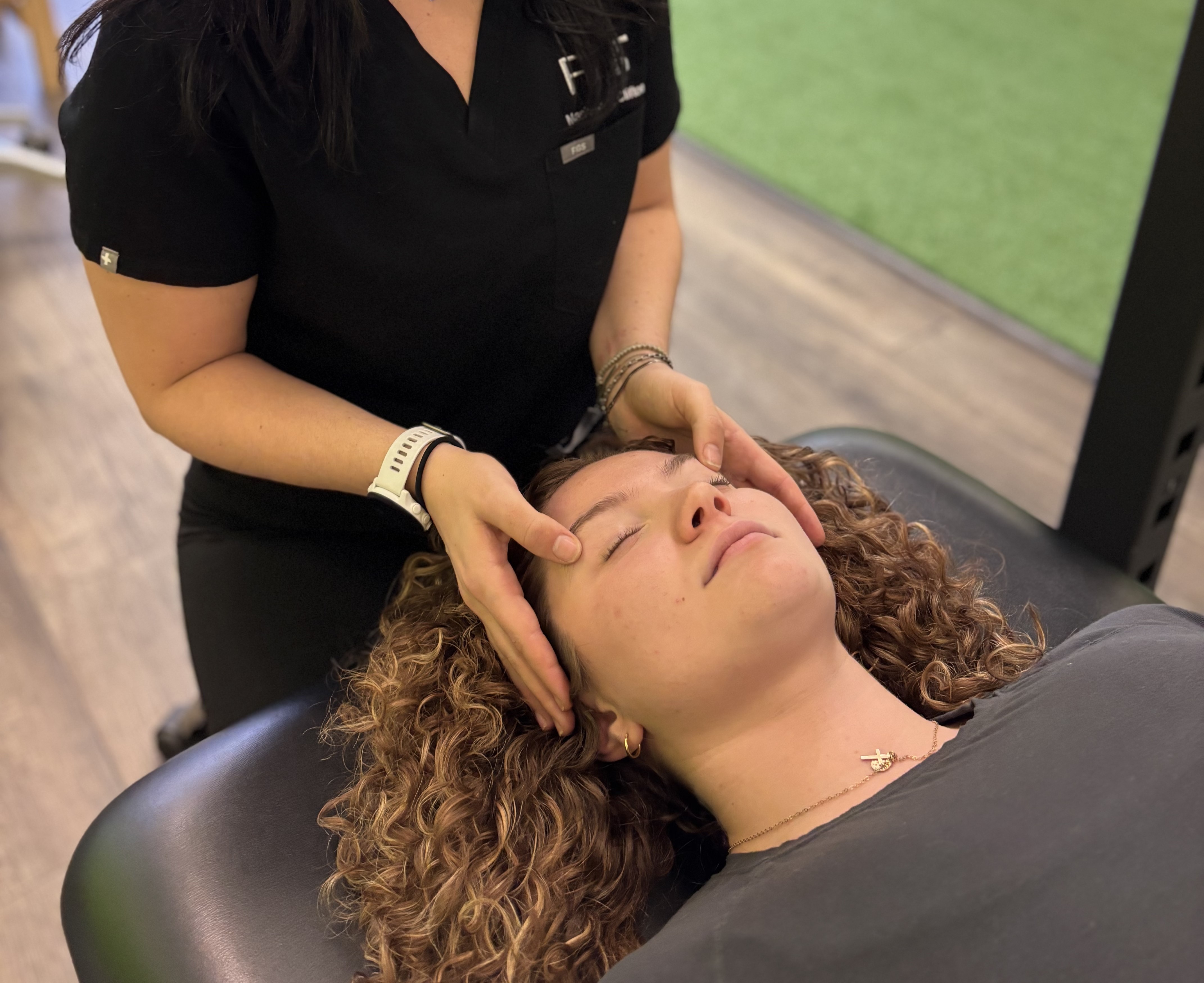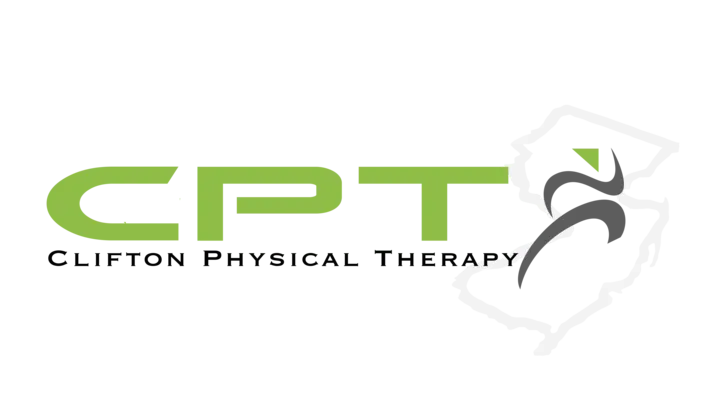Bell's Palsy
Physical Therapy located in Clifton, NJ
Pelvic Floor Therapy
Physical Therapy located in Clifton, NJ

Bell's Palsy services offered in Clifton, NJ
Bell’s Palsy can cause sudden facial weakness or paralysis, impacting your ability to smile, speak, and even blink. At Clifton Physical Therapy in Clifton, New Jersey, Tiffany Zarcone, PT, DPT, and her team offer specialized therapy to restore facial movement, reduce pain, and support nerve recovery. Whether you’ve recently been diagnosed or are struggling with lingering symptoms, physical therapy can help. Call today or book your Bell’s Palsy consultation online.

Bell's Palsy services offered in Clifton, NJ
Bell’s Palsy can cause sudden facial weakness or paralysis, impacting your ability to smile, speak, and even blink. At Clifton Physical Therapy in Clifton, New Jersey, Tiffany Zarcone, PT, DPT, and her team offer specialized therapy to restore facial movement, reduce pain, and support nerve recovery. Whether you’ve recently been diagnosed or are struggling with lingering symptoms, physical therapy can help. Call today or book your Bell’s Palsy consultation online.
Bell's Palsy Treatment FAQ's
Q1. What is Bell’s Palsy?
Bell’s Palsy is a condition that causes sudden facial weakness or paralysis due to inflammation or compression of the facial nerve. It usually affects one side of the face and may be triggered by viral infections, stress, or trauma.
Q2. How does physical therapy help Bell’s Palsy?
Physical therapy can speed recovery and improve outcomes for Bell’s Palsy. Treatments stimulate facial nerve activity, improve muscle coordination, relieve pain, reduce stiffness, and support emotional well-being.
Q3. What treatments are used for Bell’s Palsy?
Clifton Physical Therapy offers facial retraining exercises, electrical stimulation, manual therapy, biofeedback, acupuncture, cupping, and Redcord suspension therapy to restore function and reduce pain.
Q4. When should I start therapy for Bell’s Palsy?
The sooner therapy begins, the better the outcomes. Early intervention prevents complications such as muscle tightness, facial asymmetry, or synkinesis. Even if Bell’s Palsy started months ago, therapy can still help.
Call Clifton Physical Therapy at (973) 241-1338 or book your Bell’s Palsy consultation online today. Our team in Clifton, NJ is here to help you restore movement and confidence.
Clifton Physical Therapy
✆ Phone (appointments):
Address: 1059 Bloomfield Ave, Clifton, NJ 07012
